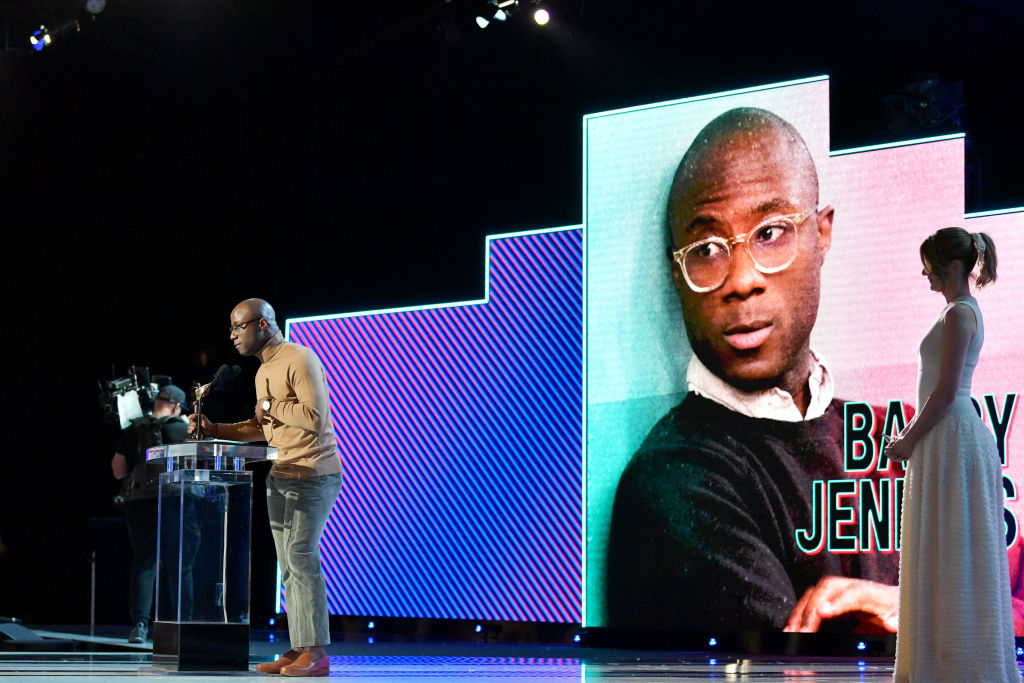OSCARs Exclusive: ‘If Beale Street Could Talk’ Director Barry Jenkins On Race, Representation And Manifestation

Source: Amy Sussman / Getty
When Barry Jenkins accepted his Spirit Award for Best Director Saturday, we weren’t at all surprised that his speech focused encouraging more movies be made with female directors. In our talk with him, Jenkins was adamant that while he doesn’t see himself as an activist, he feels his peer Ava Duvernay is both.
BJ: I’m an artist, not an activist. That’s why I try to big up Ava every time I can because I think what she’s done with “Queen Sugar,” is taken the art and made it activism. The art has enabled her to create very grounded activism and now, not just casting someone like Kiki in the film, but now enabling – all these women, I think it’s three seasons, four seasons, so now there’s like 30-40 women who can now go out and do what I’m doing and what Ava’s doing [because she uses female directors for every episode]. That is POWERRRRR! That is POWER! This thing that I’m doing if I can take credit for it, is symbolic in a certain way, although Kiki is so strong that she’s going to be a mogul. If somebody can trace back to Kiki being in this film and creating this mogul, then I’ll take some credit for it but it’s not the same, that’s why it’s always a difficult conversation for me because I don’t feel like I’m doing anything.
JB: Can we close out by talking about inclusion riders? Has there been more movement in the industry to use inclusion riders this year?
BJ: I think there has been. It got kicked off by Frances McDormand with that amazing speech and then Michael [B. Jordan] he pushed it up a notch. I think it’s been spreading a little bit but it didn’t become like law. I was looking back at ‘Beale Street’ and ‘Moonlight’ as a thought experiment and looked at the call sheets and on both ‘Beale Street’ and ‘Moonlight’ there are more women producers than male producers and you can look at the crew and you see this mixture of black and female and Latino, especially Moonlight because we shot in Miami and I thought ‘Okay this is cool,’ because again it’s not activism, but the principle of what these riders stand for was already included in our work in a certain way.
I think that change is not a destination, it’s a direction in a certain way and I love the idea of inclusion riders, I think they’re very necessary. I think it’s also important to look at where we are and where we’ve been to say what have I been doing in my work and how can I make sure I continue to do those things because what happens is we set inclusion riders and we set that metric and stop and say “Okay, good, problem is solved, let’s move on!’ And we’ve already seen how that can function against us because voter rights, because I think it was around 2002 it was like okay we don’t need this anymore and now ten years later look at the mess we’re in.
This was definitely one of our favorite interviews for the year and we’ll be rooting for Barry Jenkins, Regina King and Nicholas Britell tonight.








Comments
Bossip Comment Policy
Please read our Comment Policy before commenting.